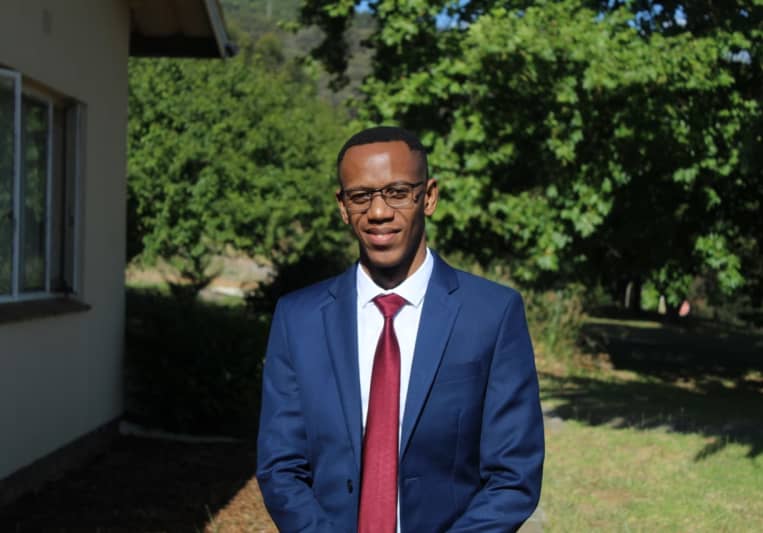
I'm a mix and mastering engineer with over 8 years of experience. What I lack in big name credits, I more than make up for in work ethic and giving my very best to the project, no matter what it is.
Richard Ngenda is a Mixing and Mastering Engineer currently based in Lusaka, Zambia. After graduating from City Varsity School of Media and Creative Arts in Johannesburg, South Africa in 2012, Richard has been helping shape and realize the musical vision of some of Zambia's top and upcoming coming talent through mixing, mastering and on occasion, production. Even though most of his experience is with Hip Hop artists, he is always ready to take on new and exciting challenges and projects. His aim is to always give his very best, no matter the project and ensure the vision of the client is achieved.
Looking forward to hearing from you.
I'd love to hear about your project. Click the 'Contact' button above to get in touch.
Interview with The Backpack Engineer
Q: Analog or digital and why?
A: Digital. It's convenient and quite honestly without it, I would never have been able to pursue this path
Q: What do you like most about your job?
A: Being a part of creating music that could one day be the soundtrack to someone's life
Q: What was your career path? How long have you been doing this?
A: I started out with live sound in high school after my music teacher had introduced me to music production and the studio life a couple years prior(he also happened to be a music producer). From there I heard about a college that offered a diploma program in Sound Engineering, so I enrolled, graduated in 2012 and have been doing this "professionally" ever since. Including my time in high school, I've been an audio engineer for almost 13 years now.
Q: Can you share one music production tip?
A: Everything you do should be in service to the song. It's very easy to get carried away with the latest production or mixing techniques, but if it doesn't make the song better, it really shouldn't be there. Just because you can, doesn't mean you should.
Q: What type of music do you usually work on?
A: Hip Hop, Afrobeat, and Dancehall
Q: What do you bring to a song?
A: The technical know-how to achieve the vision of the client and a commitment to making it the best version of itself it can be.
Q: What's your typical work process?
A: I start with getting a good static balance first, no processing. From there I will usually approach the mix from the top down: some slight processing on the mix buss, and going down from there up until having to deal with individual elements. The process isn't set in stone though, it varies depending on the needs of the song
Q: Tell us about your studio setup.
A: Because my work consists mostly of mixing, I work on a laptop, keeping everything in the box. I have a Focusrite Scarllet Solo interface and mix on Audio Technica ATH-M20x headphones. I also work out of a number of studios, providing me with different monitoring systems to reference my mixes from.
Q: What other musicians or music production professionals inspire you?
A: Ryan Leslie, Rodney Jerkins, Timbaland, Ryan Tedder, Dave Pensado, Warren Huart, Marcella Araica, Manny Marroquin, Ed Sheeran, Alicia Keys, Neyo etc. The list could go on forever.
Q: Describe the most common type of work you do for your clients.
A: I'm generally hired for my mixing and mastering services

I was the Mixing and Mastering Engineer in this production
- Mixing EngineerAverage price - $50 per song
- Mastering EngineerAverage price - $30 per song



